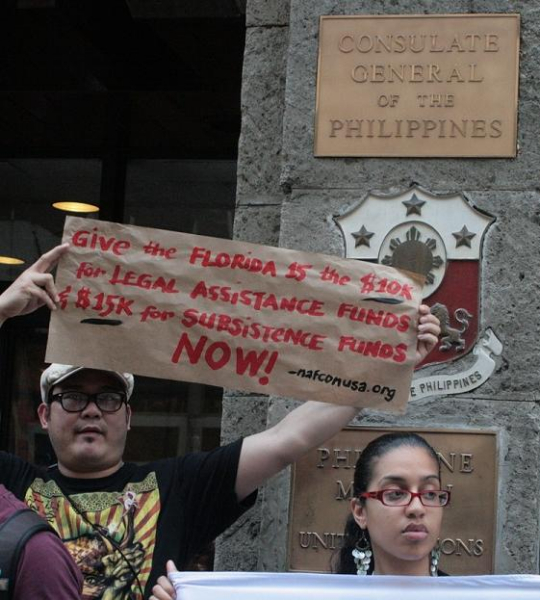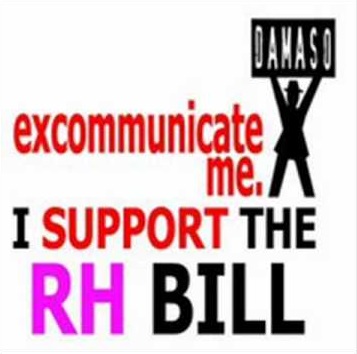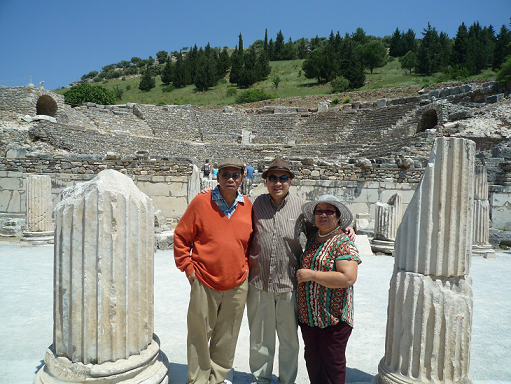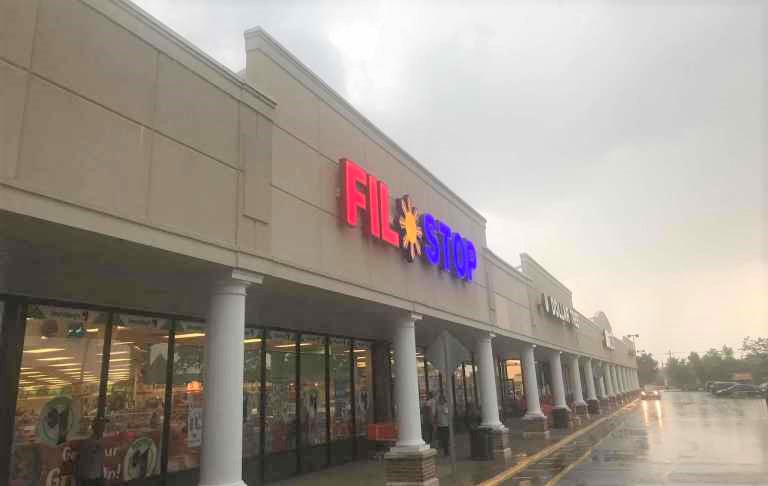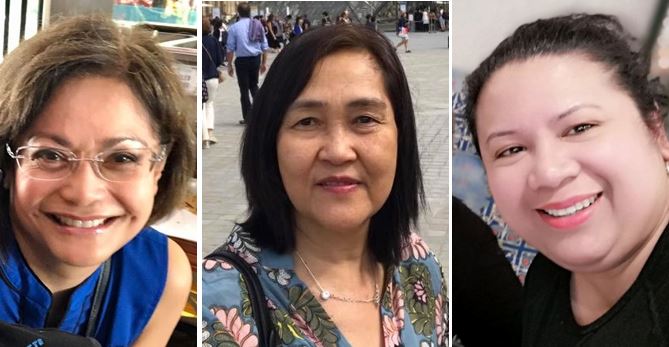Preparing for your family’s future while in a hospital fighting COVID-19
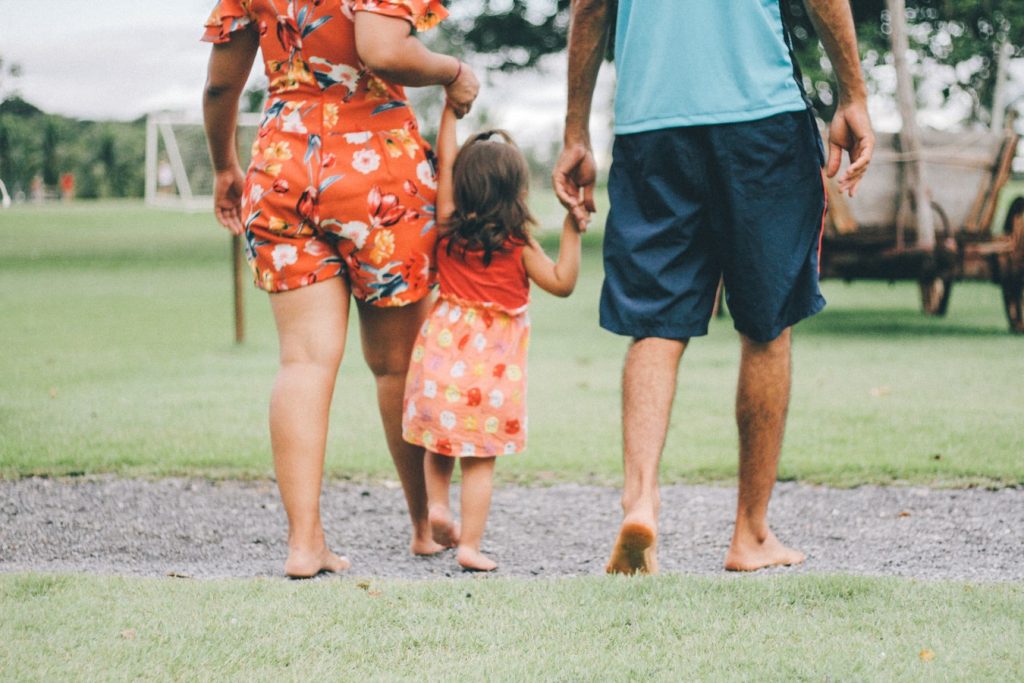
By Janice V. Arellano, Esq.
When Robina Araullo started getting a dry, itchy throat, the alarm went off: Could she be infected with the Coronavirus? Panic set in when she tested positive several days later. From that moment on, her days were spent taking medications to keep her body from shaking, looking for hospitals, and calming her family. The thought of death crossed her mind but only fleetingly as she tried hard to stay positive. Robina has, thankfully, recovered, but almost 200,000 Americans have not been as fortunate — among them some who have left without preparing their families for the future.
Estate planning is generally not top of mind when one is tested to be COVID-positive. However, having estate documents in order is critical to cultivating generational wealth, legacy, and also providing for your loved ones. The impact of this pandemic can be greatly felt in our Filipino American community, as we have many ‘kababayan’ who work in health care and who are considered first responders. They are among the most vulnerable, together with the elderly and individuals with pre-existing medical conditions. There are ways that families can prepare for their future and for unexpected situations.
If there’s a will…
Is thinking of making a will while in a hospital a morbid thought? It all depends on what your family’s needs are and varies in complexity. In any case, a will is a legal document that represents an individual’s final wishes for the people and/or organizations he would leave behind. It provides for the distribution of your property and assets, except those documents governed and controlled by beneficiary designations such as life insurance. New Jersey law permits a beneficiary to witness a will but it is advisable that a neutral party witness a will.
Although most wills are prepared by lawyers, you can make your own will. Wills are deemed valid when the individual making it has the mental capacity to make decisions and when executed in the presence of two witnesses over the age of 18. Wills prepared by lawyers ensures that it is valid and executed properly. You also select an executor who will be the most trustworthy person to carry out your wishes. This can be a lawyer or financial advisor, friend, or another family member.
What if there are no witnesses around?
There are options. A document that is unwitnessed or witnessed by one person only and handwritten and signed by the testator is called a holographic will. Although holographic wills are difficult to admit to probate, in order to be considered legally valid in New Jersey, the material terms and signature must be in the testator’s handwriting. Material terms are your name, residence, declaration that you intend for the document to be your will, provisions that define how your assets will be distributed and to whom, and payment of debts and taxes. For individuals with minor children, you should also name their potential guardian.
Advance Directives
A very important and often underutilized document is an Advance Directive. This a legal document that names a health care proxy and dictates your wishes if you become incapacitated or unable to make decisions for yourself. For many Filipinos with large extended families, there may be jockeying for the role of proxy. This can make the processes, such as disseminating information and making appropriate health decisions difficult in a moment’s notice. Usually, a health care proxy is an individual’s spouse or adult children. The Advance Directive document is usually prepared by an attorney. However, under demanding circumstances, there are free standard documents prepared by local legal services organizations which can be printed out, reviewed, filled out, and notarized. At least 43 states, including New Jersey, now accept a remote notary through Skype, Zoom, or FaceTime.
If a patient is unresponsive and does not have designated healthcare proxy or power of attorney documents, hospitals and health care facilities will turn to the next of kin, defined under state law. Making a will and having advance directives are important now more than ever during these uncertain and unprecedented times.

Janice V. Arellano, Esq. is an associate attorney at Cleary Giacobbe Alfieri Jacobs, LLC. Her practice focuses on civil/commercial litigation, government, and education law. She is also a court-appointed attorney for guardianship matters in Somerset County, NJ. She has a B.A. in Philosophy from Mount Holyoke College, M.Ed. from the University of Pennsylvania, and J.D. from Temple Law in Philadelphia. She is Ecuadorian and Filipina.
(C) The FilAm 2020



